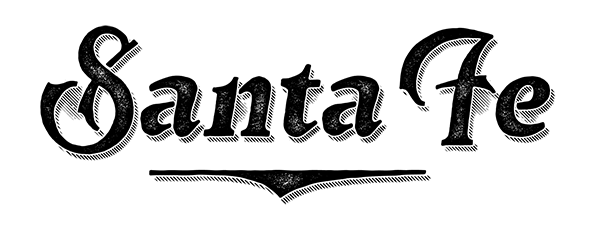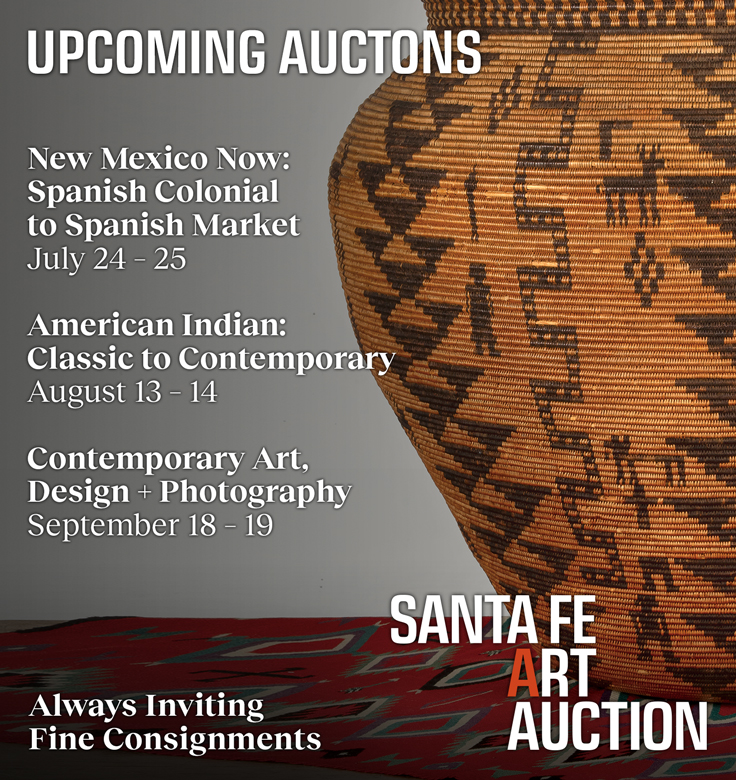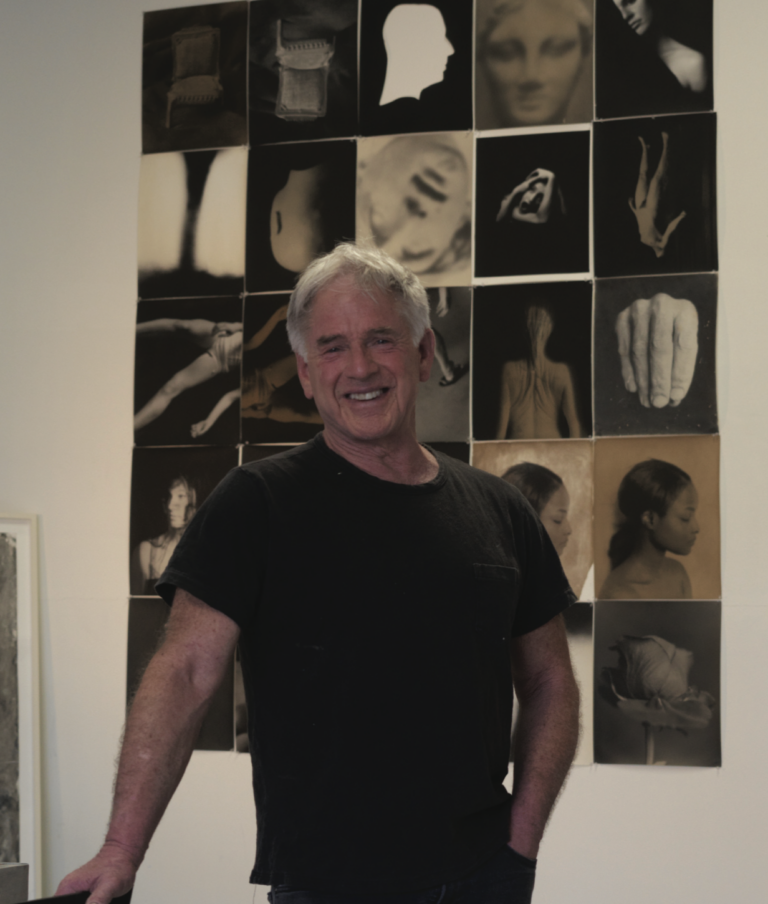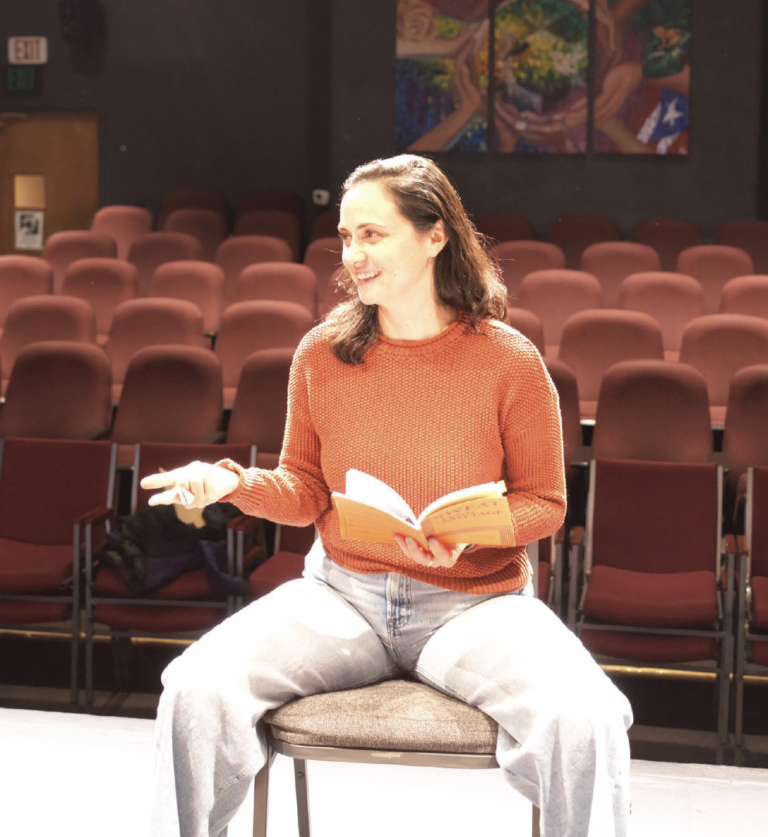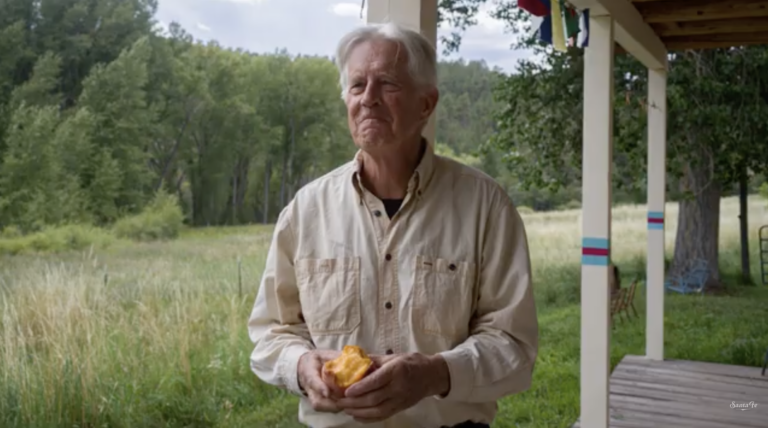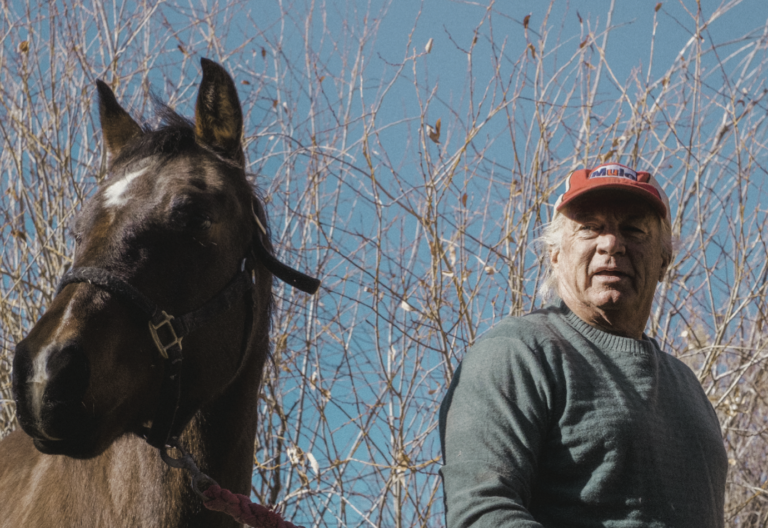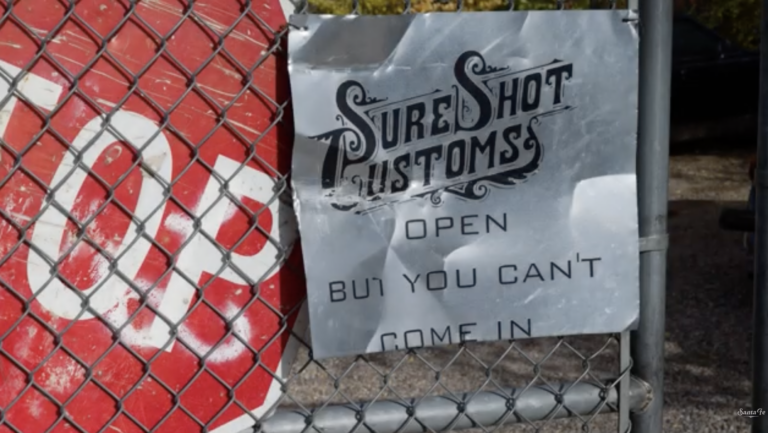EARLY IN MY MAGAZINE CAREER, there was one editor and one magazine that showed me what was possible. The editor was Bill Broyles, the magazine was Texas Monthly.
It was an original genre, a kind of serial nonfiction novel, a chronicle, a history, a very present diary, a report about the protean state of Texas. It was impossibly vivid, messy, and alive. It showed that individuals could start something important, something that mattered, and that they could make it all work. Spectacularly as turned out.
His work set the standard for a whole new way of doing a magazine. Texas Monthly, along with Clay Felker’s New York and Tina Brown’s original Vanity Fair are the muses for this magazine.
It’s taken Bill awhile (longer than Odysseus’ 20 years) to find his Ithaca in Santa Fe. His search was routinely punctuated with relentless, surprising turns and still more radical success writing movies like Apollo 13 and Cast Away. There was a lot to talk about and we ran out of space and time.
Oh, one more thing – he got married in January.
TEXAS MONTHLY AND A SENSE OF PLACE
You started Texas Monthly, a magazine about a place. How do you chronicle place?
Wow, that’s a really good question. It goes back to Larry McMurtry for me. I grew up in Texas in a small refinery town, away from any particular intellectual
traditions or universities. And, everything in my town was new. The refinery had been built in 1916, and there was no building really any older than that.
Then I left. Off to Oxford, where I was basically trying to avoid the Vietnam draft. I’d ended up in Vietnam anyway. I spent three years in the Marine Corps in Vietnam. After that I went to Rice.
I took a creative writing class from Larry McMurtry and he was writing The Last Picture Show at the time. For the book, he was writing about local high school basketball games and I thought, Oh my God, you can write about this? He knew how to write about where he was. When The Last Picture Show came out I was sitting in the theater and Hank Williams started singing, and I burst into tears. It was like, Oh my God, this is something I know. I know these people. I know this place. It speaks to my heart. And I didn’t know what I was gonna do but I knew I was gonna come back to Texas.
So I was working for the school district, and this crazy guy came into my office and said he wanted to do a magazine about Texas. He had all these magazines from Philadelphia and New York, and spread them all out, and said, We can do better than this… Texas is better than this.
All I’d done is worked for the Rice Thresher. And then I’d spent a summer working for the Houston Post and had been a stringer for The Economist. But I didn’t have any real journalistic experience, I’d never been an editor of anything. So this crazy guy was Mike Levy and he used his father’s retirement money to take a chance on this crazy idea. And everybody thought he was crazy.
We looked around and the newspapers and everybody else were just writing articles, but nobody was telling stories. They didn’t get the story. So we hired a bunch of people that didn’t know anything more than I did, a lot of people I’d gone to college with. We were making something out of nothing. We had to be as good as Esquire in New York.
There was a sense of a frontier of storytelling. We were pushing out beyond the known world, finding these incredible stories and people, like you’re finding in Santa Fe. And I really thought it would last six months or a year, and then I’d do something serious with my life. We just celebrated its 50th anniversary.
But I still haven’t answered your first question, which was about place. And I’m really, really puzzling about that because, it was something we didn’t have to tell each other because we just felt it, that there was something magical here that united people, wherever they lived in Texas. And the reason I know the difference is I later went out to California and tried to do a magazine there, and there was an absence of that, people really didn’t feel they shared a common history or culture or the same interest in barbecue or sports. Whatever the racial and ethnic cultural fault lines are, they’re just different. It’s like Louis Armstrong said about jazz, if you don’t know, I can’t tell you. Texas had been its own country, maddeningly independent. There’s something that pulls us all together, even though there’s lots of things that drive us apart. And in a way, Texas was explaining itself to us when we started.
WANT TO READ MORE? SUBSCRIBE TO SANTA FE MAGAZINE HERE!
Photo SFM
